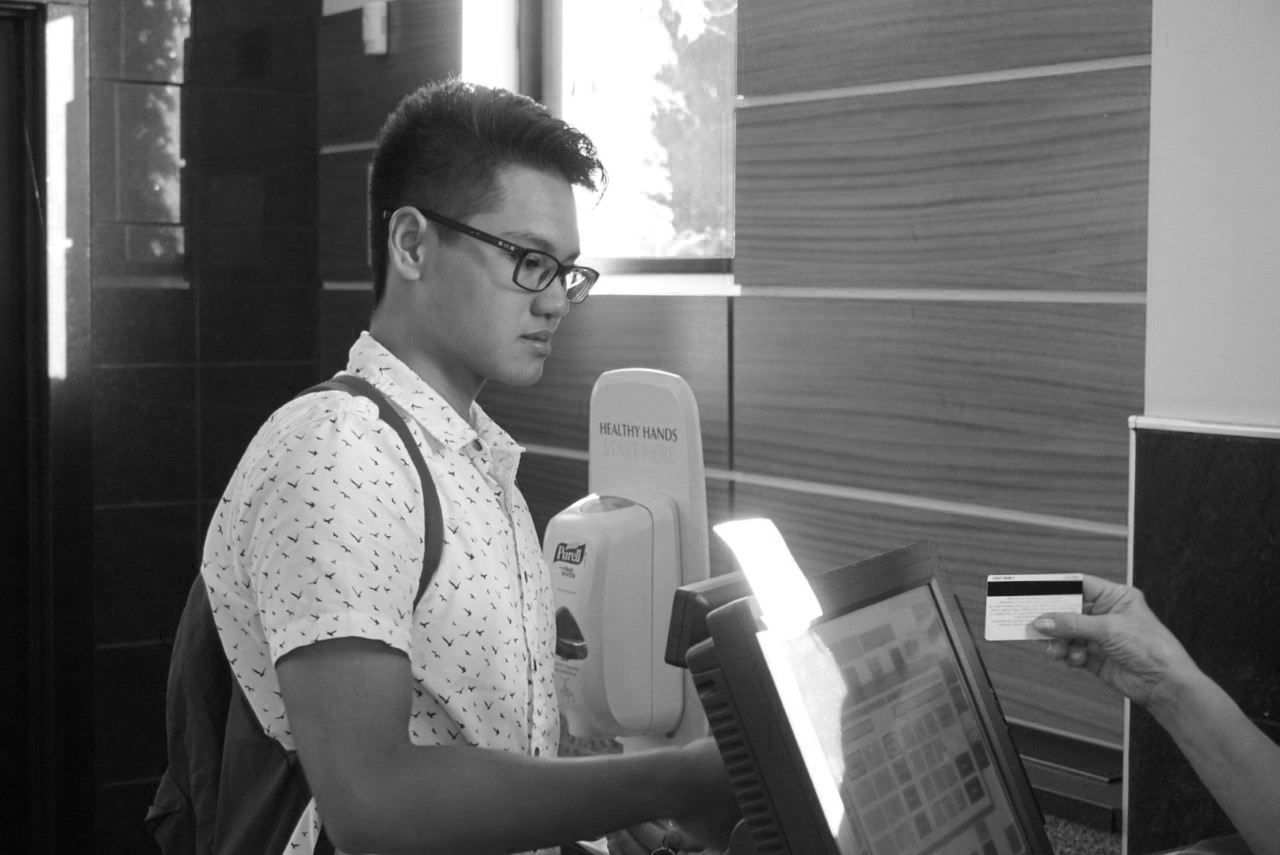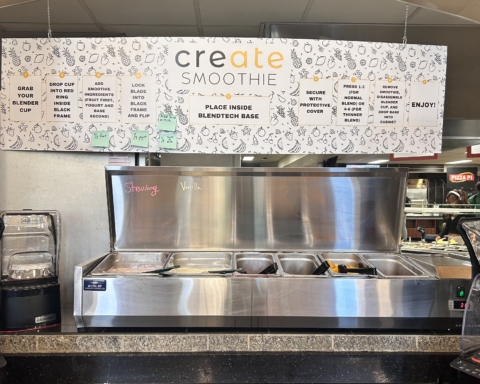Hickey swipes: If only they were as self-explanatory as Tinder swipes.
That swipe of students’ identification cards entitles them to anything from 75 to unlimited visits to the Hickey Dining Hall and, for many students, some confusion regarding just how their biyearly meal plans work.
In turn, many students find themselves changing their meal plans during their fall assimilation back into campus life. From this past Monday, the first day of classes, to Wednesday, 137 changed meal plans were recorded, said Nicole Gonzalez, the executive director of Residential Living and chief judicial officer.
If desired, Gonzalez added that students have until Friday, Sept. 9 to change their meal plans, due to the university’s contract with Aramark, the university’s food provider. The majority of these changes are made by students who falsely believed their meal plans carry over between semesters, Gonzalez said.
Gonzalez added that students off campus often realize their meal plans don’t carry over when no account is shown upon swiping their identification cards at the dining hall. On the other hand, she said that students living in on-campus residence halls receive a default meal plan, as having a meal plan is required for those living in these on-campus facilities.
“If they haven’t signed up for a meal plan by the time we input their room assignment bill, we input a silver meal plan for them,” Gonzalez explained. “They can change that.”
For this contingent of students, there are three options—a silver, gold or platinum meal plan—all of which entitle students to unlimited access to the dining hall. The Bona Silver meal plan includes an additional $75 flex dollars, while the Bona Gold meal plan entitles students to $150 flex dollars and the Bona Platinum meal plan entitles students to $300 flex dollars.
Gonzalez added that students should be aware that when paying for an unlimited meal plan, they receive 1,000 “swipes” into the dining hall. Unlike flex dollars, though, these swipes don’t carry over between semesters.
“You’re not paying for a certain number of swipes; you’re paying for unlimited access to the dining hall,” she said. “If you go 100 times or 1,000 times it doesn’t really matter; you’re just paying for the opportunity to do so.”
As for undergraduate students living in the Garden Apartments, Townhouses and off campus, as well as graduate students, the university offers a few suggested meal plans.
The Advantage 500 meal plan includes $500 flex dollars and the Advantage 300 plan includes $300 flex dollars. Additionally, students can purchase 75 dining hall meals a semester, with no additional flex dollars, or 100 meals per semester plus $100 flex dollars and 150 meals per semester plus $100 flex dollars.
“If you’re buying one of the 75, 100 or 150-swipe meal plans, your swipes and flex dollars will carry over fall to spring,” Gonzalez said. “But nothing carries over from academic year to academic year or to summer.”
Likewise, unused “Bona bucks,” which can be added to students’ accounts in increments of $50, carry over to the following academic year.
“Bona bucks are forever,” Gonzalez joked.
The difference between flex dollars and Bona bucks: flex dollars are tax exempt.
All students wishing to change their meal plans before next week’s deadline can do so by filling out an online meal plan form at my.sbu.edu, by clicking on “student meal plan” under the student accounts tab.
mcgurllt14@bonaventure.edu









